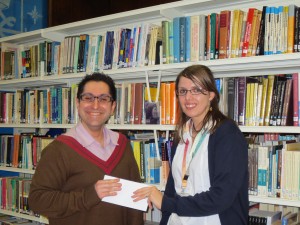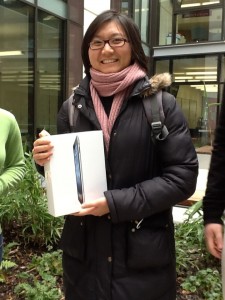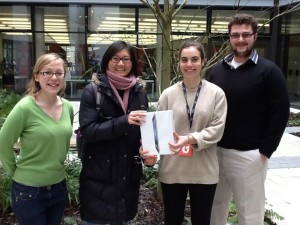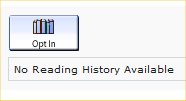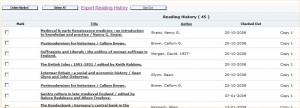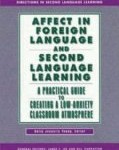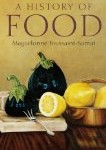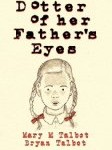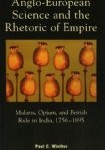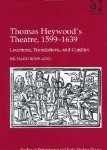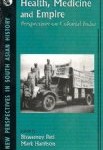This has been a big week for prize-giving in the Library – what a pleasure! Not only did Athicha Siriboonlamom, winner of the Library Quality Survey prize draw, collect her iPad at the Forum Library (full story here) but over at St Luke’s Library we were pleased to be able to meet the prize winner of our ‘Explore St Luke’s Library’ Competition.
This competition involved identifying various mystery views around the Library and matching them to nearby book holdings. Our winner was Stephen Eftekhari, a postgraduate student in Education who said the competition was challenging but enjoyable. Stephen is a regular user of St Luke’s Library so his prize – a £25 voucher to spend in Waitrose which is handily located just across the road from St Luke’s Campus – should come in very handy! Well done Stephen!
Stephen was presented with his voucher by Roxanne Crabb, Forum Library supervisor (pictured) and Rachel Oakes, St Luke’s Library Supervisor.
Although the competition is now finished, St Luke’s Library is still a great place to explore, and you don’t need to be registered on a St Luke’s-based course to use the facilities. So if you’ve never visited before why not take the opportunity to study there this term? Just a short walk from the city centre, St Luke’s Library offers:
- Over 180 study spaces
- A 24/7 swipe accessible PC cluster and study room
- Bookable group rooms
- AccessAbility Room
- Designated quiet study space
- A kitchen-style breakout area
- A wide range of resources with specialisms in Education, Sports Sciences and Medicine
- All set in a beautiful green campus environment with far reaching views across the city!
Find out more including opening times and how to get there on the St Luke’s Library webpages.

